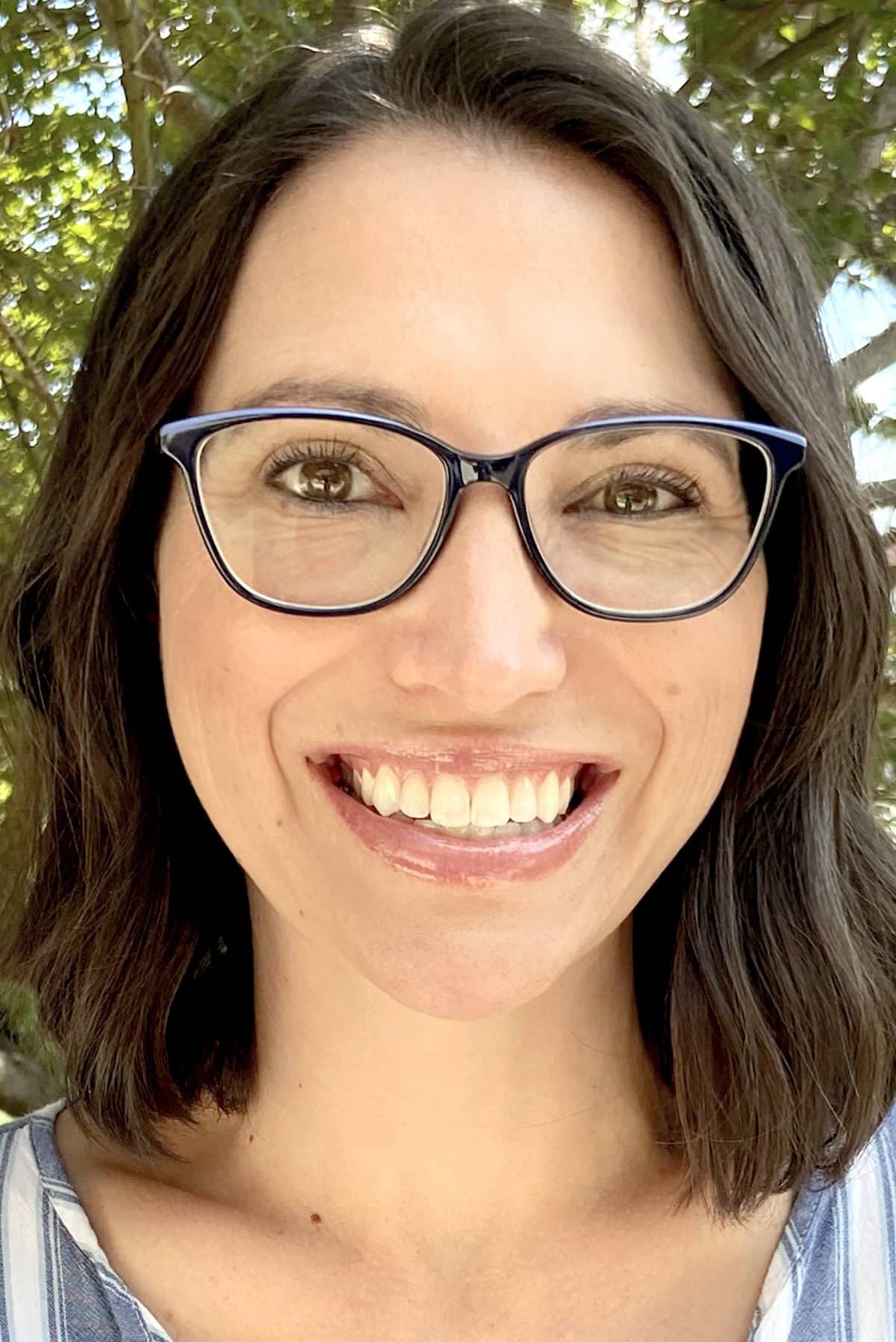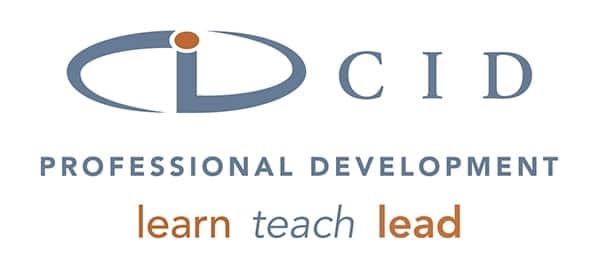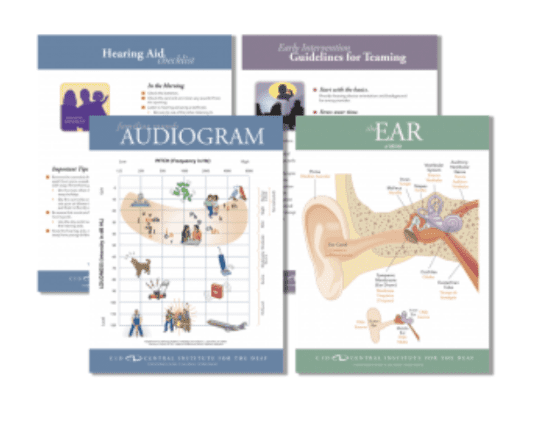It is often hard to put into words how impactful it is to work with children who are deaf and hard of hearing. Some of the greatest rewards I have felt when working with this population include: the privilege of watching a child say their first word or turning to their name for the first time, seeing a parent grow their confidence in advocating for their child, watching a student’s confidence and self-advocacy grow as well, collaborating with other teachers for how to best serve a student, watching the “lightbulb” go off in a student’s head as he grasps a new concept, and observing a student being social with his friends during recess. The list could go on and on! To stay motivated, it is necessary that we often remind ourselves why we do this job. We are making an impact on our students that will last a lifetime!
Check out what other professionals have to say about the most rewarding aspect of working with children who are deaf and hard of hearing.
Question: What is the most rewarding aspect of working with a child with hearing loss?
- Seeing progress made within the academic and social aspects of the school environment. SLP
- Seeing their confidence build in school: academically, socially, physically. –AuD
- To me, the most rewarding aspect of working with my students is watching their self-advocacy skills develop. To see a student feel secure in their identity as a person with a hearing level difference, understand their individual needs and have the confidence to advocate for them will always put a big smile on my face! –Itinerant ToD
- The most rewarding aspect of working with a child with hearing loss is seeing them be successful, confident, and happy when they do well on a test or participate in whole class discussion. –Sp Ed
- Not only watching the student become their own advocate, but watching how accepting the other students are and how they adjust to be another resource for the student. –Gen Ed
- Seeing the success. –EI
- I love working with all the kids I see and seeing the progress they make, even small steps towards their goals is a success in my mind. I love seeing the family being open to ideas and suggestions and then carrying out the ideas and they feel they are empowered by doing so. –EI & Vision Specialist
What a privilege it is to work with these students. To gain more insight from these professionals, read Roles: Yours, Mine and Ours, Roles and Collaboration, and Roles and Services.
Thank you to the following professionals for contributing their time and expertise:
- Susan Peroutka, Speech-Language Pathologist (SLP), Missouri
- Emily Love Leserman, Pediatric/Educational Audiologist (AuD), Connecticut
- Katie Zawislak, Itinerant Teacher of the Deaf and Hard of Hearing (ToD), Minnesota
- Laura Weil, Special Education Teacher (Sp Ed), Illinois
- Cindy Beyer, General Education Teacher (Gen Ed), Illinois
- Tammy Wrobbel, Early Interventionist (EI), Illinois
- Chantille Schram, Early Interventionist (EI) & Vision Specialist, Illinois and Missouri

Abby Meister, MSDE, CED is the Content Coordinator of the Emerson Center for Professional Development at CID – Central Institute for the Deaf. She has been a teacher of the deaf for over 10 years, primarily working with children ages 2-5. She has presented at professional conferences with content focusing on early intervention and listening and spoken language strategies for children who are deaf or hard of hearing. She received her master’s degree in deaf education through the Program in Audiology and Communication Sciences (PACS) at Washington University.












